Blog: Point of View Part II
Note: Technical difficulties prevented last week's blog article or this week's SITT installment from posting to the site. I apologize. Kinks have been fixed and all should be back to normal. Weekly Monday releases of SITT will resume next week.
This week, we have a special guest blog from author Ian Isaro (fun fact: Ian lives in the United Republic of Tanzania, which officially makes him the most geographically interesting person to appear on this blog) continuing the conversation on unreliable narrators and how PoV affects storytelling.
Ian Isaro says: All narrators are unreliable. Generally we only call them "unreliable narrators" when they significantly distort the world around them, but we all do the same thing to a lesser degree. So should our characters. Actions and words are just events - they only become a story when we interpret them. This becomes obvious when you have a conversation with someone about an event long past and both of you remember things slightly differently. Our thoughts and memories can be influenced by many things, but this isn't a psychology blog so I'll restrain myself.
One of the most powerful tools of POV is creating subtle differences of perception. Your characters shouldn't think the same way because they aren't the same people. For example, a new character could be handsome and charming from one POV, but considered unpleasant and manipulative from another. If both views are presented as absolute fact within their own scenes, we're getting deeper into the characters' heads.
Of course, another difference in POV is certainty. Some characters have doubts and frequently question themselves. Others have no need for question marks and have an immediate assumption about everything that happens. Careful use of these differences adds another layer to your story.
Even if you don't use this in a contradictory way, it can be helpful. For example, a character with a political background notices people's stance, attitude, and implied meanings. Scenes from the POV of a military character don't have any that, but he or she notices if people could have hidden weapons and how everyone is positioned.
That's ultimately the most important thing to remember about POV: it rises from the circumstances that create us. Because of who a character (or person) is, what do they miss and what do they see?

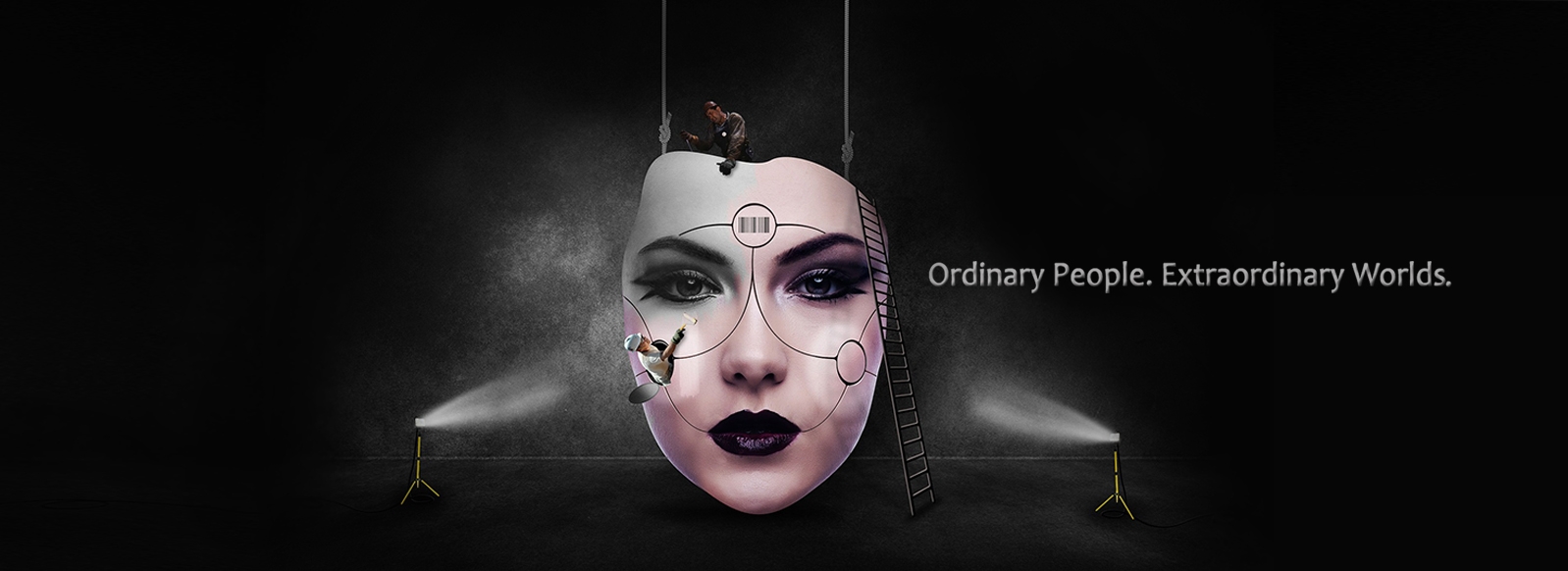
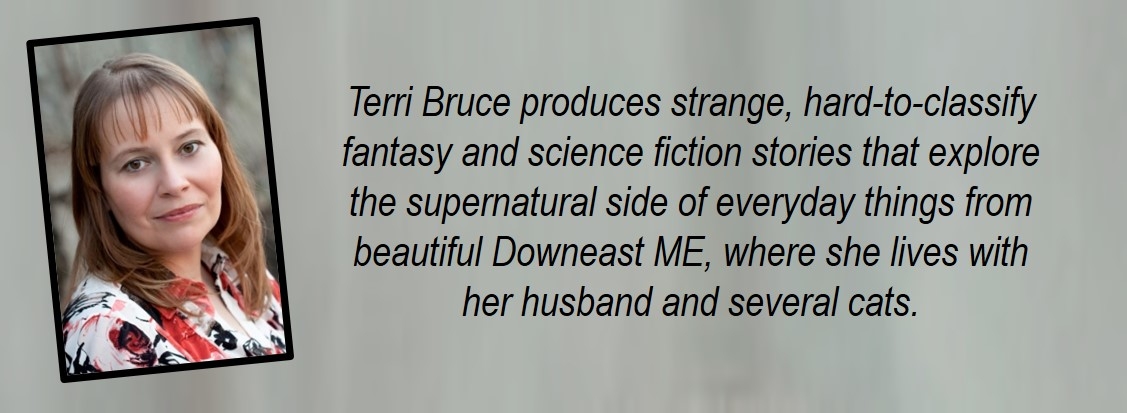
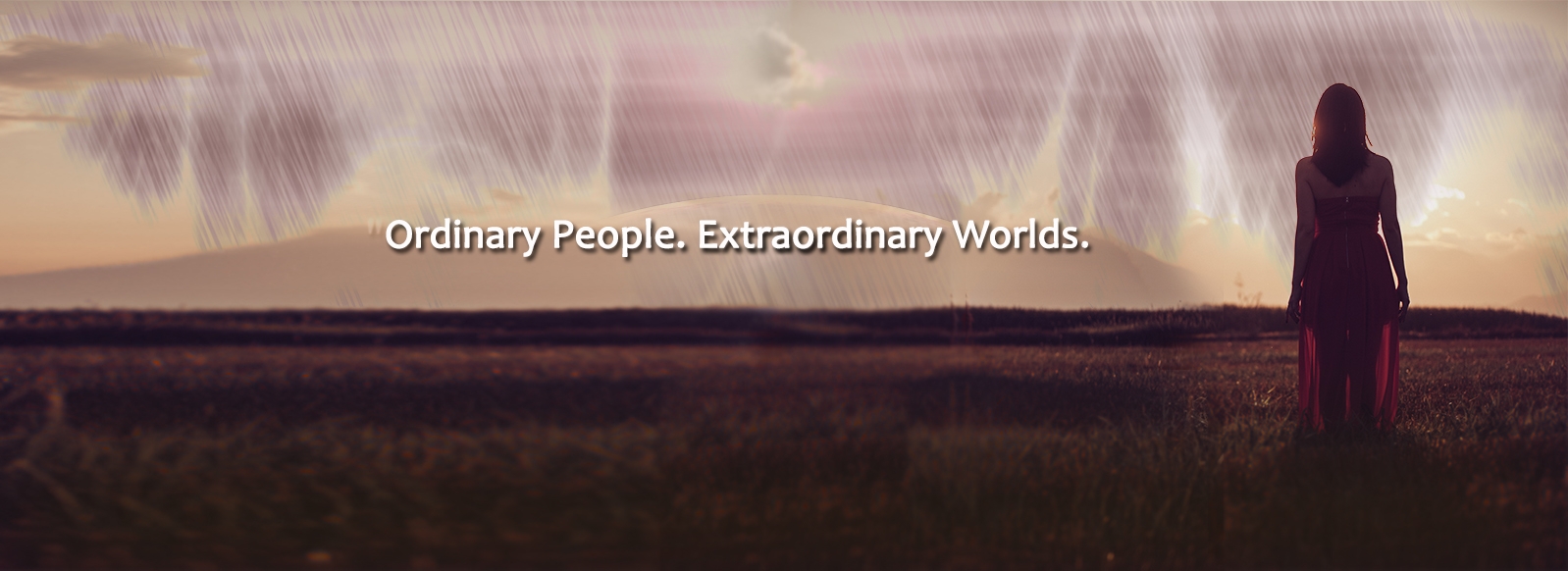
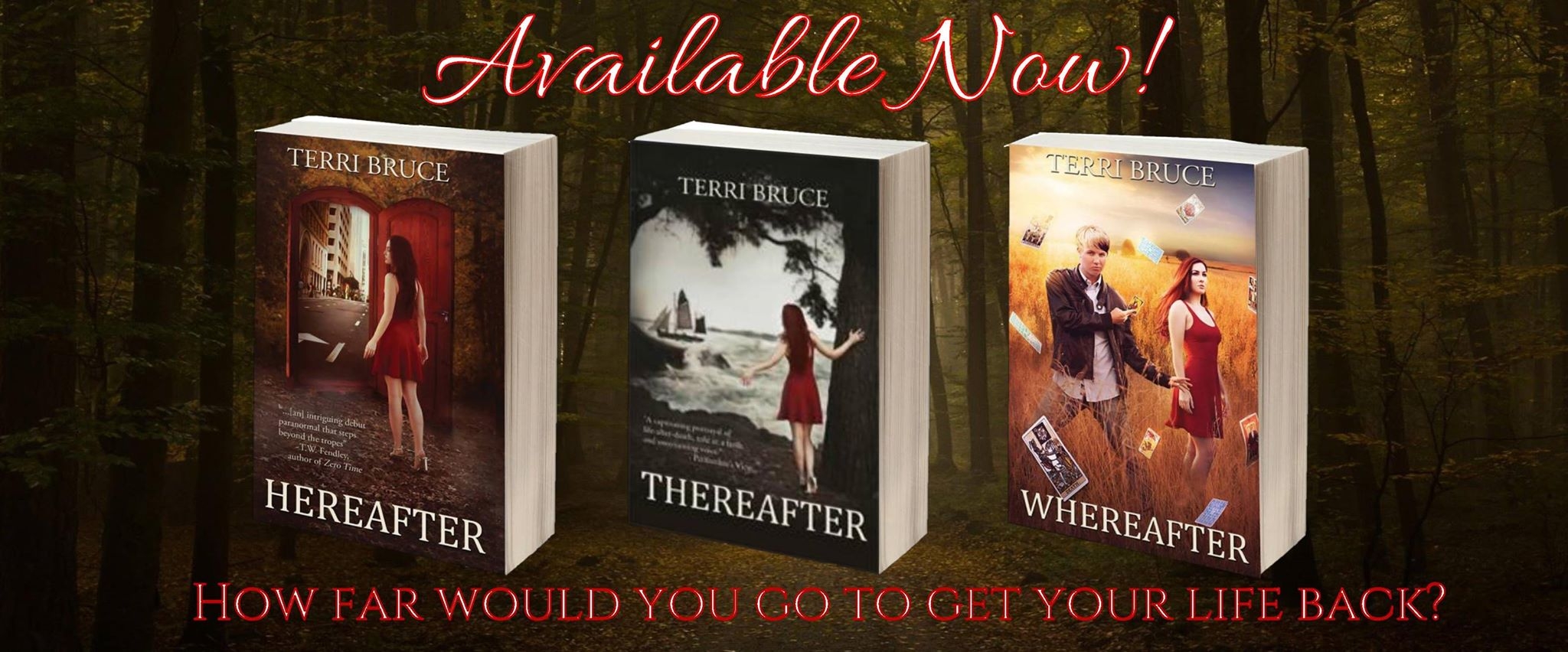
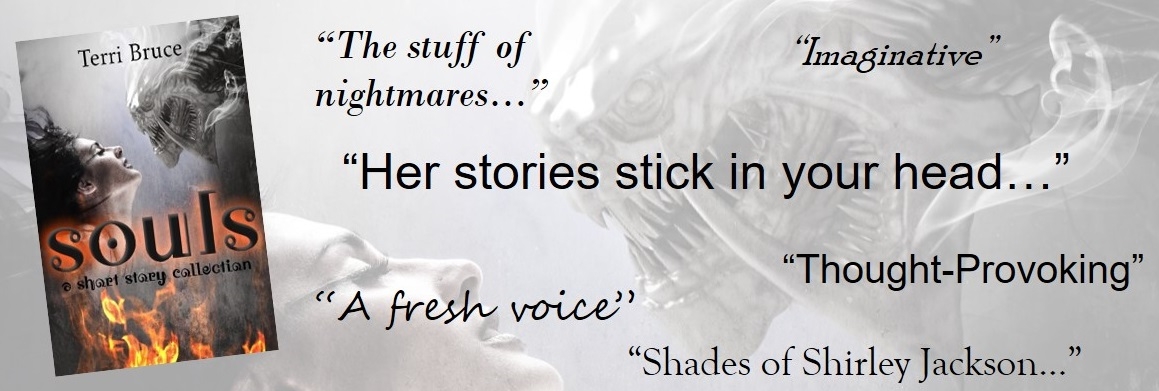
Comments